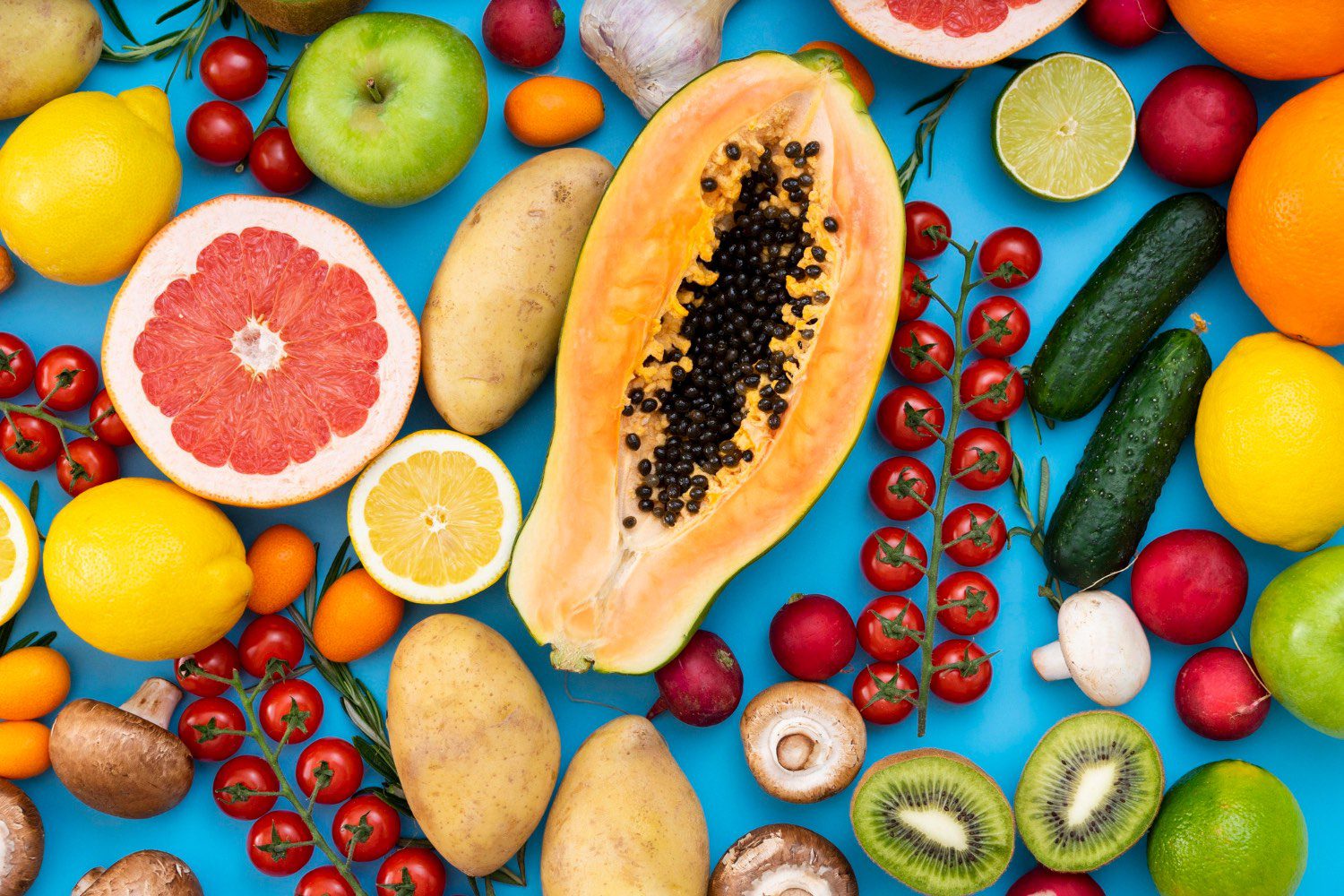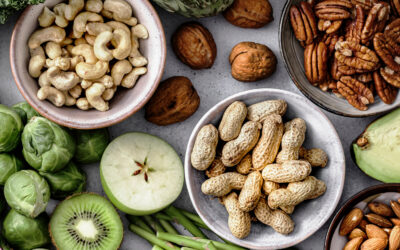Excessive sugar consumption is a well-known health hazard, particularly when it comes to gut health. This article explores the impact of sugar on the gut microbiome and provides practical strategies to manage sugar intake, promoting a healthier, more balanced digestive system.
Understanding the Impact of Sugar on Gut Health
Sugar, especially in its refined form, can have detrimental effects on gut health. It can:
- Feed Harmful Bacteria and Yeasts: Excessive sugar intake can disrupt the balance of the gut microbiome by feeding harmful bacteria and yeasts, which thrive on sugar. This imbalance can lead to overgrowth issues like candida, resulting in a range of digestive discomforts.
- Increase Gut Inflammation: High sugar diets are associated with increased inflammation in the gut, which may exacerbate conditions like inflammatory bowel disease (IBD) and increase gut permeability, commonly known as “leaky gut.”
- Impair the Immune System: A significant portion of the body’s immune system is located in the gut. A sugar-laden diet may impair gut barrier function and immune response, increasing susceptibility to infections and illness.
Strategies to Manage Sugar Intake
Reducing sugar intake can have profound benefits for gut health. Here are some practical strategies to help manage and reduce your sugar consumption:
- Read Food Labels Carefully: Become an informed consumer by reading labels and looking out for hidden sugars in processed foods. Common culprits include high-fructose corn syrup, dextrose, and sucrose.
- Opt for fresh fruit: raspberries, strawberries, mangoes and kiwis.
- Increase Fiber Intake: Fiber helps regulate blood sugar levels and promotes a feeling of fullness, which can help reduce sugar cravings. Incorporate fiber-rich foods like vegetables, fruits, legumes, and whole grains into your diet.
- Manage Cravings with Healthy Fats: Healthy fats can help manage sugar cravings by stabilizing blood sugar levels. Include sources of healthy fats in your diet, such as avocados, nuts, seeds, and olive oil.
- Stay Hydrated: Sometimes, what feels like a sugar craving is actually dehydration. Make sure to drink enough water throughout the day to help curb sugar cravings.
Alternatives to Refined Sugars
Incorporating natural sweeteners can help reduce the impact of sugar on your gut health:
- Fresh
or DriedFruits: Natural fruits contain sugars along with fiber, vitamins, and minerals. They can be great natural sweeteners for meals and snacks. - Dates and Bananas: Rich in fiber and nutrients, dates can be used to sweeten baked goods, smoothies, and desserts naturally.
Managing sugar intake is a crucial aspect of maintaining a healthy gut microbiome. By understanding the impact of sugar on gut health and employing strategies to reduce its consumption, you can enhance your digestive health and overall well-being. Remember, making small changes to your diet can lead to significant health improvements over time.
By reducing reliance on refined sugars and exploring healthier, natural alternatives, you can enjoy the sweet things in life without compromising your gut health. Embrace these strategies to navigate sugar intake effectively and foster a happier, healthier gut.
Interested in improving your gut health by managing your sugar intake? Book a consultation with me to get personalized dietary advice and practical strategies tailored to your health needs.
#GutHealth #SugarFree #HealthyLiving #NaturalSweeteners #NutritionTips




